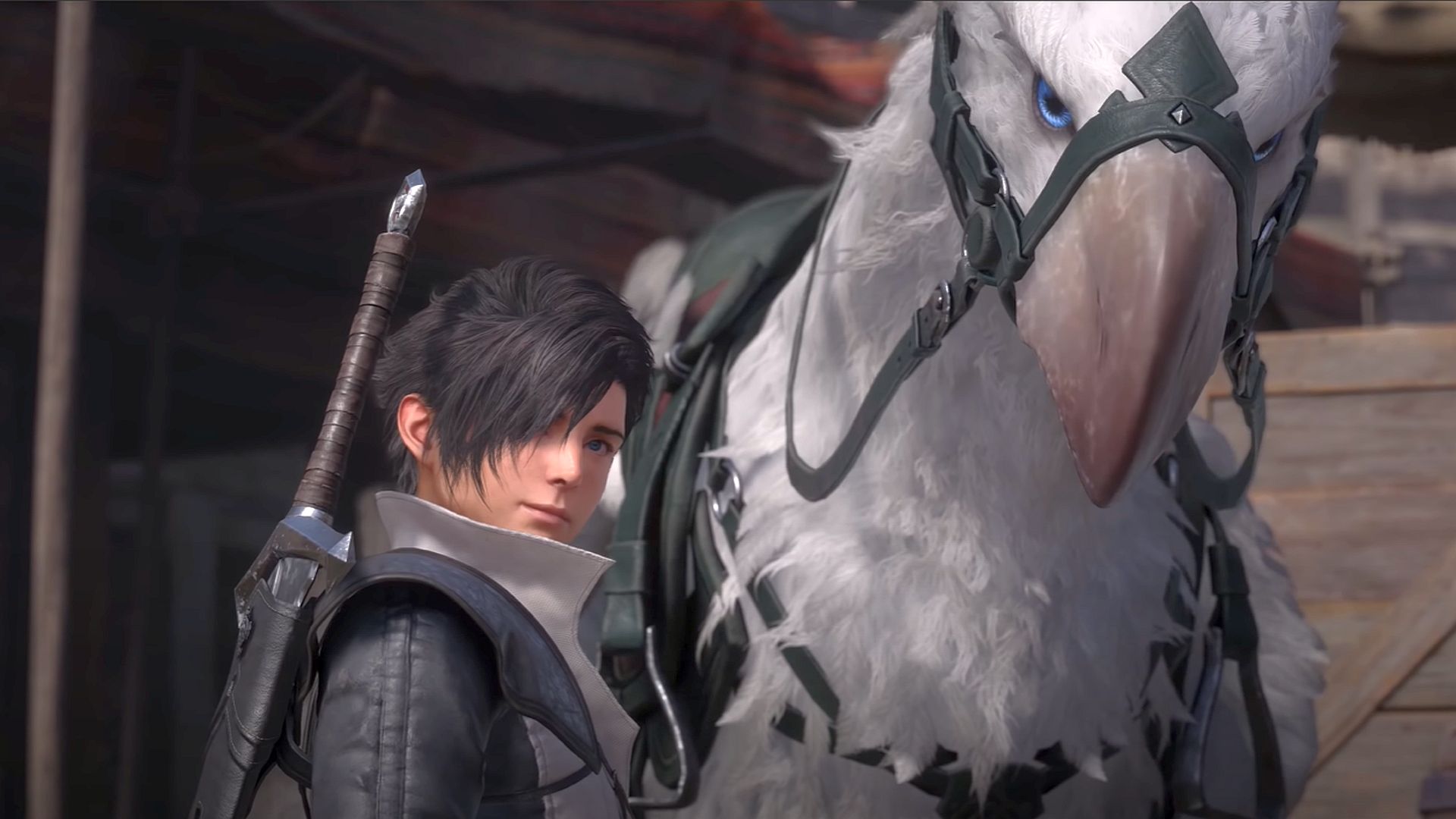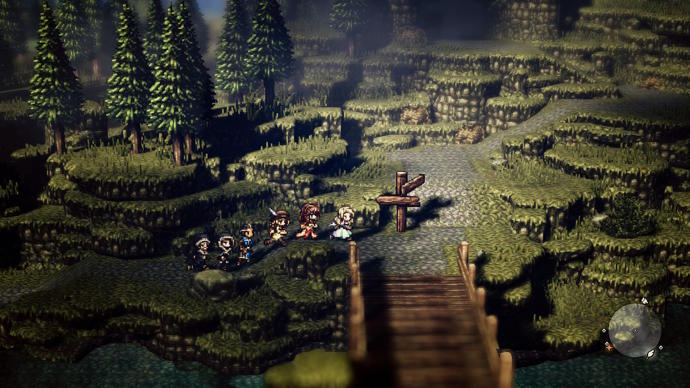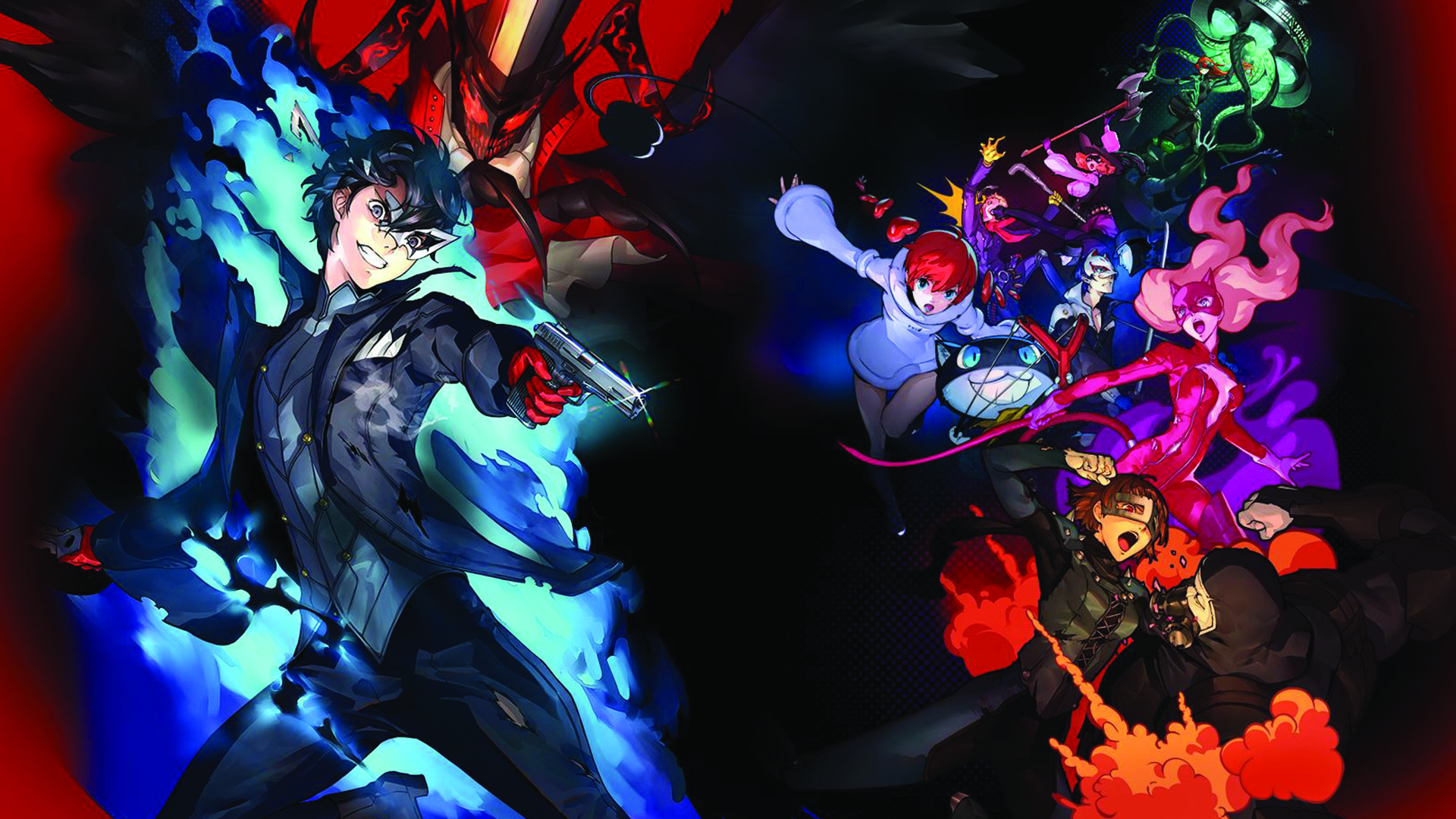
While Xbox has never been particularly strong with Japanese games – I am not even comparing them to PlayStation or Nintendo here when I say that, just even viewing them in isolation, I find that statement holds true – one interesting trend has manifested of late. The few victories that Xbox has managed to achieve with Japanese games and publishers seem to be dissipating, and it appears as though the Japanese development community has now rallied around three primary pillars for game development and release – none of those three being Xbox.
On the face of it, this statement might appear to seem odd. After all, we still see big Japanese titles such as Resident Evil Village, Elden Ring, Samurai Warriors 5, and Tales of Arise announced for Xbox platforms. And this has been off the tail of a generation that saw major titles such as Monster Hunter World, Dragon Quest XI, Devil May Cry 5, Resident Evil 2, Ace Attorney Trilogy, Valkyria Chronicles 4, Nier Automata, Kingdom Hearts 3, Final Fantasy XV, and Ace Combat 7 all hit Xbox platforms (with the Xbox debuts of quintessentially Japanese IP such as Monster Hunter and Dragon Quest, which had both studiously avoided Xbox platforms until now, being especially of note). This is the generation where we saw back catalogs of formerly PlayStation associated franchises, such as Kingdom Hearts, Final Fantasy, and Yakuza, all come to Xbox. Given all of that, why would one choose to comment on a possible decline of Xbox with the Japanese development and publishing community now?
The answer is that the broader trend that is beginning to manifest around Xbox and Japanese games is showing us that, more than even the relatively slim pickings for fans of Japanese titles on Xbox consoles, the presence of a lot of Japanese titles on Xbox seems to be coming to an end – other than efforts by Microsoft to incentivize third parties putting their games on Xbox and Game Pass.
This is actually self evident if one just goes about the conversation on a publisher-by-publisher basis. Let’s start by looking at Capcom, who are actually among the more prolific supporters of Xbox platforms (and who get credit for being among the first big Japanese publishers to pivot to the Xbox 360 at the dawn of the HD Era). Not only did Capcom release almost all of its games this last generation on Xbox platforms – so Resident Evil 7, Resident Evil 2, Resident Evil 3, Devil May Cry 5 (which even had Xbox marketing), Mega Man 11, Ace Attorney Trilogy, Marvel vs Capcom Infinite, and Monster Hunter World – they even had some pretty major Xbox exclusives to begin with. Dead Rising 4 was a timed Xbox console exclusive, while Dead Rising 3 still remains exclusive to Xbox consoles and PCs to this day.
And yet, something has clearly changed. Don’t get me wrong, Xbox is still clearly getting all the big multiplatform Capcom titles – we know, for example, that Resident Evil Village is coming to Xbox One and Xbox Series S and X. However, consider that Capcom is now focused squarely on the Switch rather than Xbox, with Nintendo managing to get multiple Capcom exclusives between Monster Hunter Rise, Monster Hunter Stories 2, the upcoming Resident Evil Outage (which is at least a timed Switch exclusive, based on the recent high-profile Capcom leaks), as well as smaller titles such as Ghosts and Goblins Resurrection. Based on those same leaks, titles such as The Great Ace Attorney HD are also going to be skipping Xbox, and going to PlayStation, Nintendo, and PC only (with the same leaks suggesting dismal sales of The Ace Attorney Trilogy on Xbox One as being responsible for the decision). So even with multiplatform games, at least smaller ones, it looks like Xbox isn’t guaranteed full Capcom support (though here to be fair, it seems like that can be said of all three consoles – PlayStation, Xbox, Nintendo all seem to miss out on some Capcom game or the other, it feels like).
Then there is Square Enix. Not so long ago, Square Enix used to be known for going all in on one console, and releasing all their games for that one console only (PlayStation most recently, Nintendo long ago). Since then, their strategy has been… scattershot? They still dabble in exclusives, but there doesn’t seem to be a pattern. Typically, Kingdom Hearts seems to stay PlayStation exclusive, Dragon Quest Nintendo exclusive, and other games more spread around, though even there, we have started seeing multiplatform releases across those franchises in the last few years (as mentioned, the last Dragon Quest and Kingdom Hearts releases were both multiplatform).
But this last generation Square started achieving some consistency with Xbox. Final Fantasy 15 came to Xbox One day and date, and the entire Final Fantasy back catalog from 7 to 12 got ported to Xbox too. Kingdom Hearts 3 came to Xbox day and date, and The Story So Far got ported to Xbox too. Nier Automata and the upcoming remake of Replicant are both on Xbox. Dragon Quest marked its Xbox debut with Dragon Quest 11 S. So far, so good, right?
But now things seem to be trending in the opposite direction almost right away. Final Fantasy seems to have returned to being at least a PlayStation console exclusive (at launch, if nothing else). Final Fantasy 16 is announced only for PS5 (though a PC version leaked). Final Fantasy 7 Remake launched only on PS4. Even with Final Fantasy 14, which finally confirmed an Xbox version last year, Square seems to have walked back on the commitment, and it is possible that the popular MMO will never come to Xbox, and remain PlayStation exclusive.
Even outside of Final Fantasy, we find Square being much more willing to make exclusives for PlayStation or Nintendo, but not Xbox. PS5 was debuted with a brand new Square Enix IP headed for it, Project Athia, while Babylon’s Fall is also PlayStation exclusive. Meanwhile, Switch was debuted with a brand new Square Enix IP headed for it, Project Octopath Traveler, that went on to become the hit Switch-exclusive JRPG Octopath Traveler in 2018. Bravely Default 2 is a Switch exclusive. Switch got another new IP from Square Enix announced at the recent Nintendo Direct with (and I really hope they change the name) Project Triangle Strategy.
There appear to be a lot more Nintendo/PlayStation multiplatform games from Square than Xbox/PlayStation ones as well. NEO: The World Ends With You is coming to Switch and PS4, but not Xbox. Trials of Mana and the upcoming Legend of Mana are both Switch and PS4, but not Xbox. Dragon Quest Builders 2 was Switch and PS4, but not Xbox. SaGa Frontier is Switch and PS4, but not Xbox. There is a very clear and definite pattern here that we can see.
Then there is Tecmo – again, one of the pioneers of Xbox support as far as Japanese companies are concerned, before even Capcom jumped on board. Remember, the original Ninja Gaiden reboot was Xbox exclusive. Ninja Gaiden 2 was Xbox 360 exclusive (at least at first). Dead or Alive 3 and 4 were both Xbox and Xbox 360 exclusive.
Things appear to be significantly different now. Tecmo has, seemingly, no trouble with putting out PlayStation exclusives – the NiOh franchise is the most notable example here – or putting out multiple Nintendo/PlayStation multiplatform games (such as the Atelier series), whereas Xbox does not actually get included in that party anymore. Even franchises that once were PlayStation/Xbox multiplatform and excluded Nintendo, such as Dynasty Warriors, are now no longer excluding Nintendo, which means Xbox is actually the least supporter console by Tecmo at the present moment.
The major publishers aside, you can look at the smaller ones and see the pattern continuing – Atlus, for example, loves putting out PlayStation exclusives (the mainline Persona games, VanillaWare titles such as 13 Sentinels), Nintendo exclusives (the mainline Shin Megami Tensei games, Etrian Odyssey), PlayStation and Nintendo multiplatform games (Catherine Full Body, Persona spin offs, SMT re-releases)… but no actual Xbox games. In fact, in their surveys asking their fans about what systems Atlus should release games on, even Stadia got acknowledged before Xbox did. Stadia!
NIS has studiously ignored Xbox in large part, and stuck to making Nintendo and/or PlayStation games; Falcom develops exclusively for PlayStation, with arrangements with other companies (such as XSEED or NIS) to bring their titles to Nintendo and PC later (but still very rarely Xbox). Marvelous seems to be okay with mostly sticking to Nintendo and PlayStation. The list really goes on, and collectively the trend that manifests is indisputable – more and more, we are seeing Japanese developers and publishers fall off the Xbox bandwagon, with PlayStation, Nintendo, and PC apparently being deemed as an adequate addressable market by all of them.
With all of this said, however, there are two notable, salient exceptions to the trend, two Japanese publishers who are publicly doubling down on Xbox, and reaping benefits as a result. The first of these is Sega – as mentioned already, for example, Yakuza, a franchise with a long PlayStation association, seems to have aligned itself with Xbox of late, and Sega seems to be very happy with how that has turned out (not just for Yakuza either, but for the general success they have found on the platform, in large part due to Game Pass).
The other is Bandai Namco, who continue to put out their games on Xbox, and not just put them out on Xbox, but go with Xbox as the lead platform for marketing and branding with almost every major release – Dark Souls 3, Elden Ring, Scarlet Nexus, Tales of Arise, Jump Force, Dragon Ball FighterZ, the list goes on (and clearly, this is working out for them, since they are sticking with the strategy). Interestingly enough, these are also the two Japanese publishers who have so far avoided dabbling in the Switch more than absolutely necessary, which also seems to indicate they are absolutely happy with the current status quo, and the market they have found on the Xbox.
But Namco and Sega stand out starkly in particular because they are the exceptions that prove the rule. At this point it is becoming more and more clear that Xbox is beginning to lose the traction it has variously managed to gain with the Japanese development and publishing community almost entirely, and that we are looking at a future where the platform may get fewer Japanese developed titles than ever before. I don’t quite know what Microsoft can do to reverse the trend – I think they at least have the right idea in terms of using Game Pass to guarantee a level of revenue and returns to Japanese publishers for putting their games on Xbox, if nothing else – but given how much I feel Japanese titles add to the depth and dimension of a system’s library, I sincerely hope we see Xbox address this problem before it takes such root as to become irreversible.
Note: The views expressed in this article are those of the author and do not necessarily represent the views of, and should not be attributed to, GamingBolt as an organization.

















